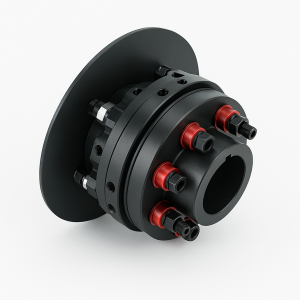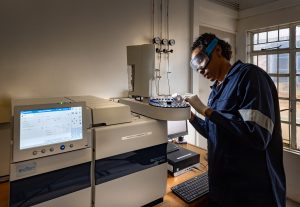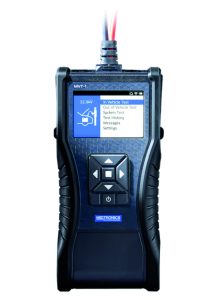Eco-sustainability for UPS systems
Legrand’s UPS solutions are designed to achieve high energy efficiency across varying load conditions, ensuring minimal energy losses throughout the operational life of equipment. The use of advanced power management features further enhances efficiency, supporting lower energy consumption and reduced environmental impact.
Legrand is committed to eco-sustainable solutions in all sectors of its business, including Uninterruptible Power Supply (UPS) systems and the company’s design specialists are determined to reduce the environmental impact of these essential power protection solutions. The global team, which recognises the challenges associated with the energy consumption and material composition of UPS products, has adopted measures across the product lifecycle to mitigate their footprint.
As part of its ongoing strategy to reducing environmental impact, Legrand continues to advance research and development efforts to improve the sustainability of UPS products. The integration of circular economy principles, efficiency-driven design and rigorous environmental impact assessments, positions the company as leaders in promoting eco-conscious energy solutions.
Legrand’s approach begins with a pledge to eco-design, ensuring that UPS systems are developed with a focus on sustainability. This involves the selection of a high proportion of materials sourced from the circular economy, the use of recyclable components and the minimisation of hazardous substances. These design principles extend to packaging, which prioritises the use of single-material, recyclable content to facilitate disposal and recycling processes.
The company places emphasis on the adaptability and modularity in the design of its UPS systems. A modular design enables greater efficiency in manufacturing, reduces material waste and extends the service life of the product through ease of replacement and effortless upgrades. Furthermore, the reduction of energy losses through optimised efficiency is a core consideration. High efficiency in UPS operation results in lower energy consumption and reduced cooling requirements, lowering the environmental impact of the product over its operational lifetime.
Legrand adopts the Life Cycle Assessment (LCA) methodology to quantify the environmental impact at each stage of a UPS system’s lifecycle. This evaluation considers raw material extraction, production, distribution, installation, usage and end-of-life disposal. By incorporating the LCA approach, Legrand ensures that sustainability is factored into decision-making, from the initial design stage through to end-of-life considerations.
The company applies internationally recognised standards, including the GHG Protocol to quantify greenhouse gas emissions and their sources. Scope 1, 2 and 3 emissions are monitored, allowing for targeted reduction strategies that align with global sustainability goals.
In adherence with stringent industry standards, Legrand’s UPS solutions comply with IEC EN 62040 certification requirements, ensuring electromagnetic compatibility, performance efficiency and environmental responsibility. Additionally, Legrand integrates the Product Environmental Profile (PEP) certification and the European Commission’s Product Environmental Footprint (PEF) methodology to enhance transparency in sustainability reporting.
The transportation and distribution of UPS products contribute to emissions and resource consumption. Legrand mitigates this impact by optimising logistics, reducing packaging waste and employing energy-efficient transportation methods. By minimising the distance between manufacturing facilities and distribution centres, the company reduces the carbon footprint associated with product delivery.
Installation and operational efficiency are also important considerations in UPS sustainability. Appropriate installation methods ensure that systems operate at optimal efficiency, reducing unnecessary energy consumption. Legrand’s UPS solutions are designed to achieve high energy efficiency across varying load conditions, ensuring minimal energy losses throughout the operational life of equipment. The use of advanced power management features further enhances efficiency, supporting lower energy consumption and reduced environmental impact.
End-of-life considerations are essential for ensuring that UPS systems do not contribute to electronic waste. Legrand’s approach to product lifecycle management includes strategies for responsible disposal, recycling and repurposing of materials.
Through the company’s commitment to eco-sustainability, Legrand sets a precedent for responsible product development in the UPS sector. By integrating sustainable practices across the product lifecycle, from material selection to end-of-life management, the company reinforces its dedication to environmental responsibility.
As global industries continue to prioritise sustainability, Legrand’s proactive approach positions the company as a leader in delivering environmentally responsible power protection solutions.
Share this content:














